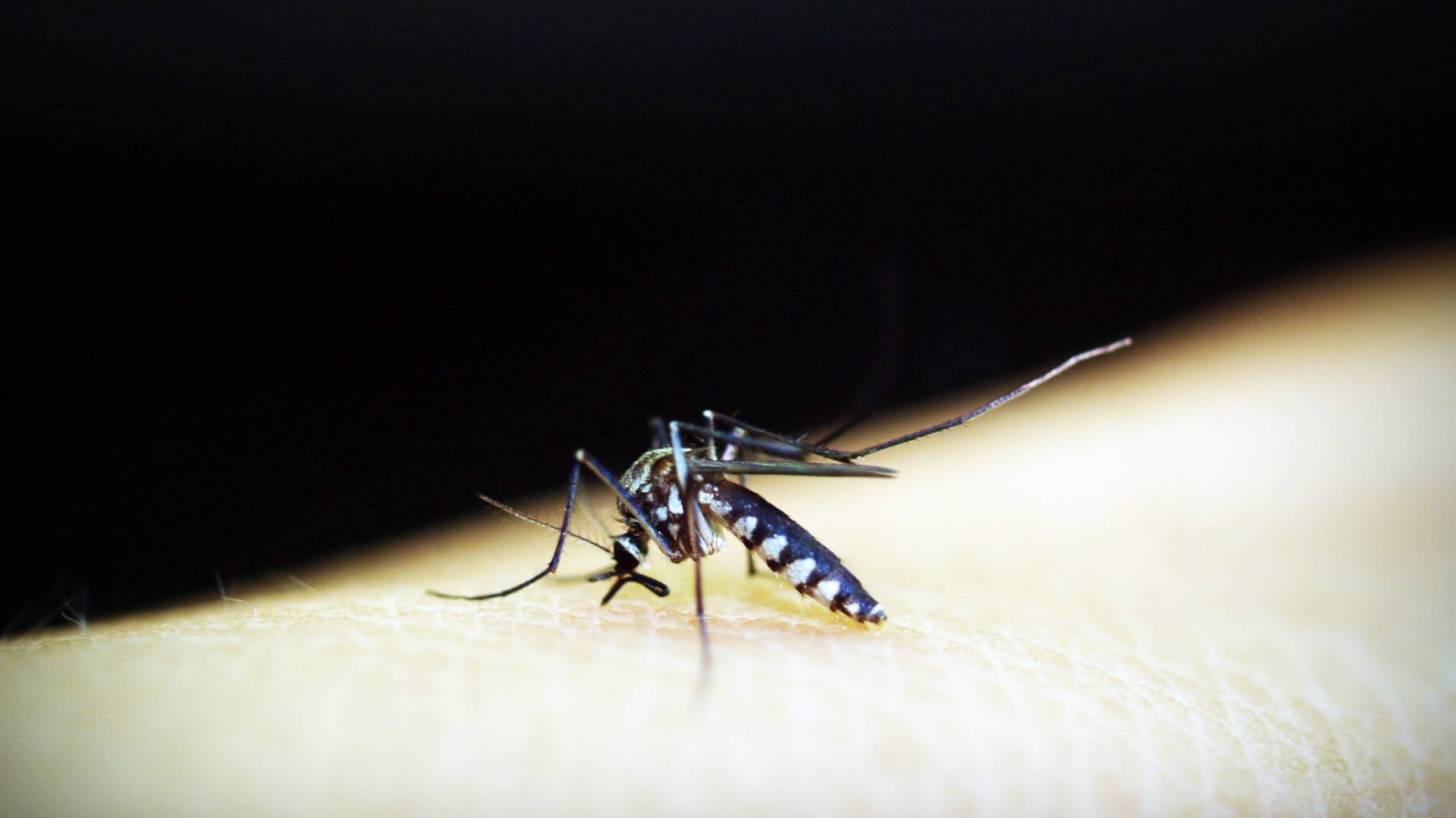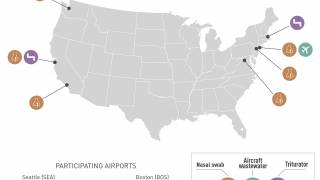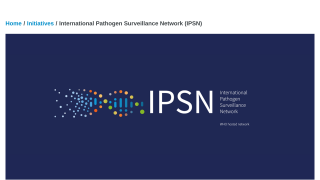Blue Dye Kills Malaria Parasite Quickly

New research shows that the dye methylene blue kills off malaria parasites at a very fast rate.
Within just two days of treatment, patients were no longer transmitting the parasite to others.
This discovery was published in The Lancet Infectious Diseases. In this study in Mali, Radboudumc University researchers, together with the University of California and the Malaria Research and Training Center, added methylene blue to the artemisinin-based combination therapy.
Malaria parasites are increasingly resistant to the artemisinin-based combination therapies that are currently used, reports these researchers.
Adding the blue dye to the anti-malaria medicine ensured that patients no longer infected other mosquitos, within as little as 48 hours. Patients who were not given methylene blue were able to infect other mosquitos for at least a week.
The parasites split in the patient's red blood cells, forming male and female sex cells, called gametocytes. The gametocytes can stay in a person's body for several weeks following treatment for malaria.
Methylene blue is a synthetic basic dye that is used in laboratories to distinguish dead cells from living cells. Methylene blue stains to negatively charged cell components like nucleic acids.
"Methylene blue is very promising because it can prevent the spread of malaria within such a short time following treatment. There are also indications that methylene blue also works well in species that are resistant to certain medicines," said Teun Bousema, Ph.D., Radboud University Medical Centre (Radboudumc) · Department of Medical Microbiology.
These researchers reported one awkward side effect.
"I have used it myself, and it turns your urine bright blue. This is something that we need to solve because it could stop people from using it," said Dr. Bousema.
In 2016, the estimated number of malaria cases reached 216 million, and deaths from malaria reached 445,000, reported the World Health Organization (WHO).
About 1,700 cases of malaria are diagnosed in the United States each year, says the WHO.
And without an FDA approved malaria vaccine available, the CDC has issued a Level 2 Travel Alert for certain countries.
In 2017, seven countries reported an increase in malaria cases: Brazil, Ecuador, Mexico, Nicaragua, Venezuela, Cuba and Costa Rica.
Recently, the world’s first malaria vaccine to successfully complete Phase 3 testing, where the results showed a 40 percent reduction in malaria.
The WHO has launched pilot projects in various African countries. WHO regional director Dr. Matshidiso Moeti said, “Combined with existing measures such as mosquito nets and insecticides, the vaccine could save "tens of thousands of lives.”
This vaccine, known as Mosquirix or RTS,S, acts against P. falciparum, the most deadly malaria parasite globally.
To be effective, the vaccine has to be administered once a month for 3 months, then again 18 months later.
This protocol could be challenging in remote regions that only have sporadic access to healthcare.
Declaration of interests: AD is supported by the Government of Mali and grants from the Bill & Melinda Gates Foundation ( OPP1089413 ), the UK Medical Research Council ( MRC grant MR/K0073191/1 from the London School of Hygiene & Tropical Medicine), and the Partnerships for Enhanced Engagement in Research (PEER) Health (AID-OAA-A-11-00012). MER, RG, and IC are supported by a grant from the Bill & Melinda Gates Foundation (OPP1089413). JH receives salary support from the President's Malaria Initiative. OM received funding from BASF. CM is supported through grants from the National Institutes of Health USA. TB, JB, WJRS, and CD are supported by a grant from the Bill & Melinda Gates Foundation (AFIRM OPP1034789). KL, WJRS, and TB are further supported by a fellowship from the European Research Council (ERC-2014-StG639776). All other authors declare no competing interests.
Our Trust Standards: Medical Advisory Committee


























